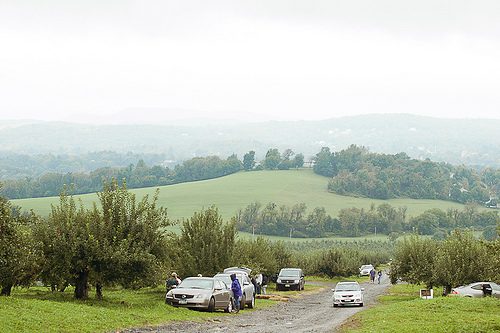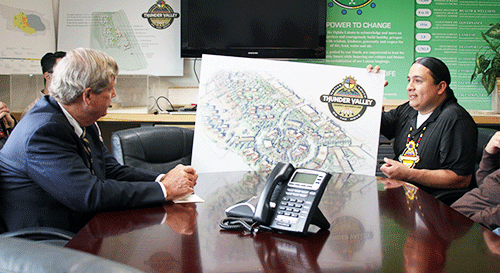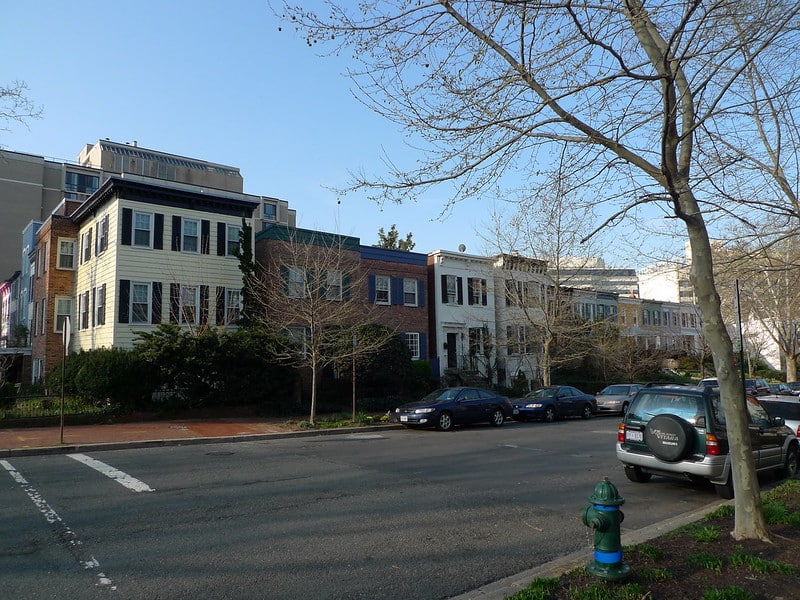
That growing local food could have an economic impact came as a bit of a surprise to the authors of a recent paper on the subject. They noted that economic theory maintains that injections of outside capital into a community are needed to make it grow. With the local food business, farmers are often selling to people who live in the same community, so the money is theoretically being re-circulated without generating new income.
Nevertheless, the study found that in New England and parts of the Mid-Atlantic, direct farm sales from farmers to customers led to growth in personal income. In these areas, for every $1 in sales of food or services directly to a consumer, there was a $5 to $9 increase in overall farm sales (including sales other than directly to the consumer). In turn, for every $1 increase in overall farm sales, there was a 22 cent increase in personal income.
The study included agritourism as it measured direct farm sales to consumers—not just local food. Agritourism includes things like pick-your-own activities and harvest festivals, as well as actual food sales.
It's not clear if the study defined customers as including not just individuals stopping at a farm stand or participating in a CSA (community-supported agriculture), but also restaurants or grocery stores. The latter are a big part of the market for local food, and they certainly should be included in the data.
Hopefully there will be more reports like this in the near future to help support the claims of the local food movement that it can be an important part of any community's overall economic development strategy.
(Photo by erin CC BY)





Comments